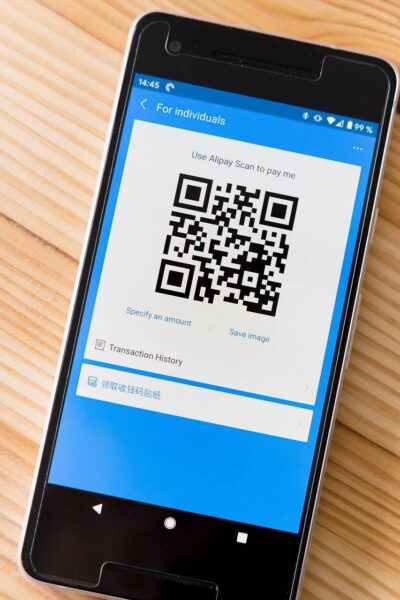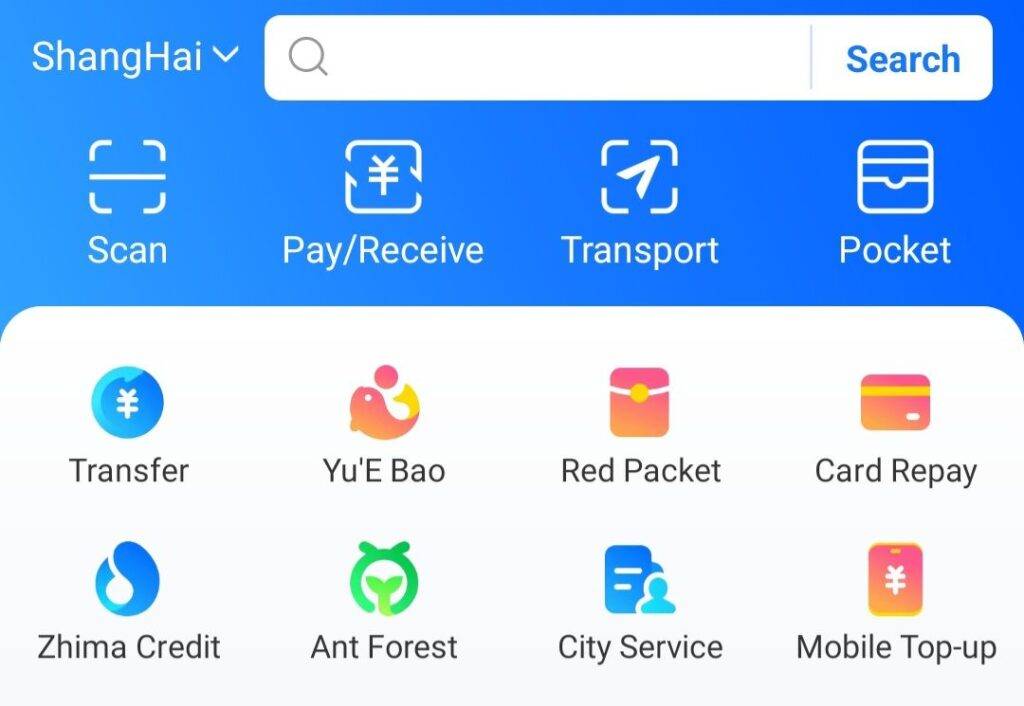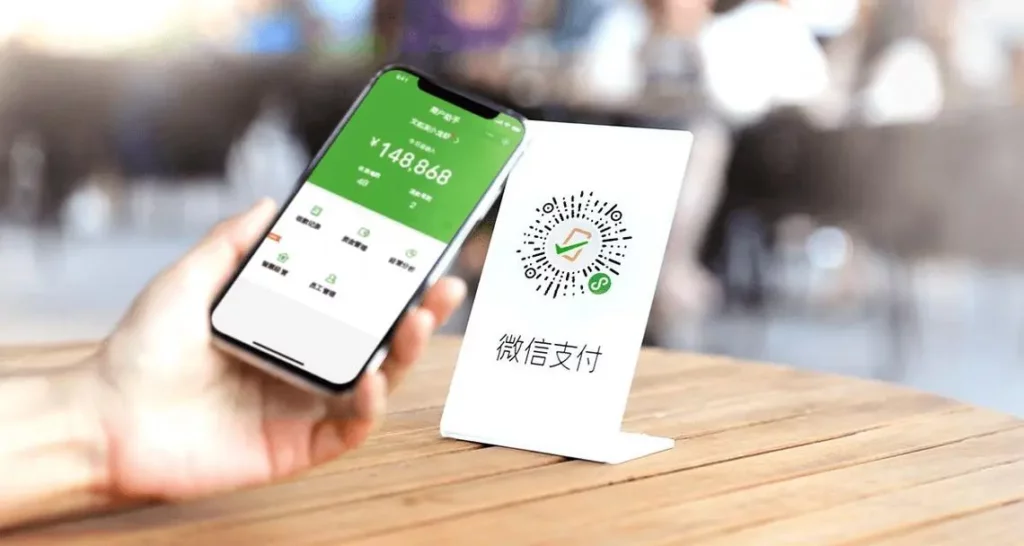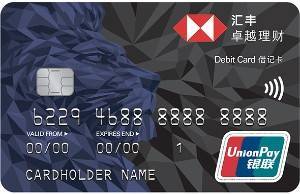
This comprehensive guide covers the most effective ways to pay in China for foreigners, from traditional methods to cutting-edge digital solutions.
Navigating the financial landscape in a foreign country can be a daunting task, especially in a place as unique as China. The country has undergone a rapid digital transformation, particularly in its payment systems.
For foreigners living, working, or traveling in China, understanding how to make payments efficiently and securely is essential.
Understanding the Payment Landscape in China
China has emerged as a global leader in the adoption of digital payment methods, with platforms such as Alipay and WeChat Pay dominating the market.
Cash, once the king of transactions, is rapidly being replaced by these digital payment systems. Credit and debit cards are also used but are less prevalent compared to mobile payment solutions.
As a foreigner, it’s crucial to familiarize yourself with these systems to ensure a seamless experience during your stay in China.
Setting Up Digital Payment Accounts
1. Alipay: A Foreigner’s Best Friend

Alipay, owned by Alibaba Group, is one of the most widely used payment platforms in China. It offers a user-friendly interface and is accepted almost everywhere, from high-end malls to street vendors. Here’s how to set up an Alipay account as a foreigner:
- Download the Alipay App: Available on both iOS and Android platforms.
- Register with Your Phone Number: Ensure your phone number can receive SMS notifications in China.
- Link a Bank Card: You can link an international bank card (Visa, MasterCard) to your Alipay account. Alternatively, you can open a Chinese bank account and link your local card.
- Verify Your Identity: Alipay requires users to complete a Know Your Customer (KYC) process, which involves uploading a photo of your passport and other necessary documents.
- Start Using Alipay: Once verified, you can use Alipay for a variety of services, including paying bills, shopping online, and even transferring money.
2. WeChat Pay: The Ubiquitous Payment Option

WeChat Pay is integrated into the WeChat app, which is a must-have for anyone living in China. WeChat Pay is as popular as Alipay and is often the preferred payment method in social settings. Here’s how to get started:
- Download WeChat: Like Alipay, WeChat is available on both iOS and Android.
- Register Your Account: Use your phone number to create a WeChat account.
- Activate WeChat Pay: Go to the “Wallet” section in the WeChat app and link your bank card.
- Verification: Similar to Alipay, you will need to complete the KYC process.
- Using WeChat Pay: You can now use WeChat Pay for everything from buying groceries to splitting bills with friends.
Using Credit and Debit Cards in China

While digital payments are the norm, credit and debit cards are still widely accepted, especially in hotels, international chains, and high-end restaurants. UnionPay is the dominant card network in China, but Visa and MasterCard are also accepted in many places. Here’s what you need to know:
1. Using International Cards
- Acceptance: Major establishments accept international cards, but smaller businesses might not.
- Currency Conversion: Be aware of currency conversion fees when using an international card.
- Cash Withdrawals: You can withdraw cash from ATMs, but ensure your card is activated for international use.
2. Getting a Chinese Bank Card
For extended stays, getting a Chinese bank card linked to a local bank account is highly recommended. It simplifies transactions and integrates seamlessly with Alipay and WeChat Pay. Popular banks among foreigners include ICBC, Bank of China, and China Merchants Bank.
Cash: Still Relevant, But Fading
Cash is still accepted in China, though its usage is diminishing, especially in urban areas. However, in rural areas or small towns, cash may be more commonly used. Here’s how to handle cash in China:
- Exchanging Currency: You can exchange foreign currency at airports, hotels, and banks. The exchange rate might be more favorable at banks.
- ATMs: ATMs are widespread, and most accept international cards. However, be aware of withdrawal limits and fees.
- Counterfeit Awareness: Counterfeit currency is a concern in China. Always check your notes, particularly when receiving change.
Alternative Payment Methods
1. UnionPay’s QuickPass
UnionPay QuickPass is a contactless payment option that works similarly to Visa’s payWave or MasterCard’s PayPass. It is increasingly popular, especially in cities. Most modern Chinese bank cards support QuickPass, making it a convenient option for quick, small transactions.
2. QR Code Payments
QR code payments are ubiquitous in China. Both Alipay and WeChat Pay allow users to scan QR codes to make payments instantly. Many small businesses and street vendors prefer this method due to its simplicity and low cost.
3. Prepaid Cards
Prepaid cards are another option, especially for tourists. These can be purchased at convenience stores and are often used for specific services like transportation or dining.
Tips for Foreigners Paying in China
- Keep Your Passport Handy: When opening a bank account or setting up digital payments, your passport is essential for verification.
- Learn Basic Chinese Phrases: Understanding basic terms related to payments can be incredibly helpful.
- Monitor Exchange Rates: If using an international card, keeping an eye on exchange rates can help you save money.
- Stay Aware of Scams: Always be cautious when making transactions, especially with large amounts of money.
- Consider a VPN: Some banking apps may require a VPN to function correctly, depending on your home country.
Conclusion
Paying in China as a foreigner has become much more accessible thanks to the widespread adoption of digital payment systems.
While it may take some time to adjust to the new methods, mastering them will enhance your experience and ease your daily life in China.
Whether you choose Alipay, WeChat Pay, or stick with traditional credit cards, having a variety of payment options will serve you well.


